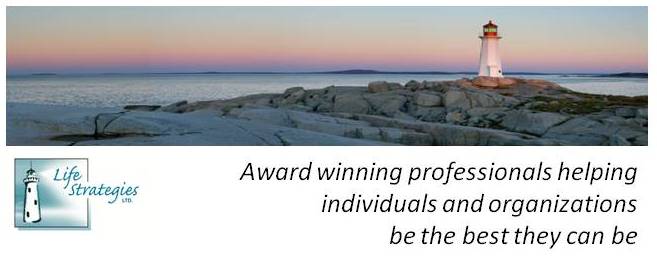I recently attended a training session focused on responding
to the newly implemented Short-Form Requests for Proposals (SRFPs; 2-page short
form for procurement of services used by the BC Government for selected projects). During the session we had the opportunity to
read a sample SRFP, collectively compose/submit a proposal, and review another
submission. It was a very insightful
process, similar to mock interviews that career practitioners often recommend
for clients. Playing the role of the reviewer really highlighted the importance
of integrating key words, addressing requested information, and avoiding non-essential
information. I expand on each of these
elements, below:
 Integrating Key
Words:
Integrating Key
Words: Just as a job seeker would review a job posting for key terms (e.g.,
“self-starter”) for his/her resume or application, proposal writers should identify
key terms in the RFP. Look for clues
throughout the proposal, ask questions for clarification, and refer to the
funder’s website. Address relevant
industry terms; remember, if you’re responding to the RFP, you’re positioning
yourself as the expert so you should know what else is essential (e.g.,
“cost-saving measures,” “stakeholder engagement”). However, avoid simply copying and pasting;
this can result in an awkward end-product that is hard to read. Instead, strive for a careful and thoughtful
integration of key terms into your own writing style.
Addressing Requested
Information: First, ensure you can meet all mandatory minimum requirements
stipulated. If not, your proposal won’t
even be reviewed. Consider this: If a job
advertisement requested a Bachelor’s Degree and you either didn’t have that, or
forgot to mention it, it’s highly likely you will be screened out; your
application never reviewed by a hiring manager.
Some requirements will be explicit, but others may be more cryptic. Any time you read that something is preferred, or that preference will be given to those
demonstrating something, take this as
a clue that extra points will be given for those components. If two – four examples are requested, write
four. Include your most relevant
items. If you aren’t sure about
requirements, ask for clarification to ensure you are on the right track.
Avoiding Non-Essential
Information. Proposal reviewers have a structured process for evaluation
and are looking for very specific items.
If these items are not addressed, points cannot be awarded. Stay focused in your response, strive for
concise writing, and direct your energy towards areas that are evaluated. For example, a corporate profile or executive
summary may be requested but not evaluated. Allocate your time based on importance; if it
wasn’t requested or won’t be evaluated, it likely should not be your primary
focus. Lastly, ensure that page limits are
adhered to as reviewers cannot review content past the page limit.
The reality is that some RFPs, just like job advertisements,
may not be well written or thought through completely. It may be challenging to
adequately address each component if the RFP is unclear or contradictory;
however, a poorly written RFP does not excuse a poorly written proposal. It is
your responsibility to submit a well written proposal that clearly addresses
requests; ask questions if you are unclear.






